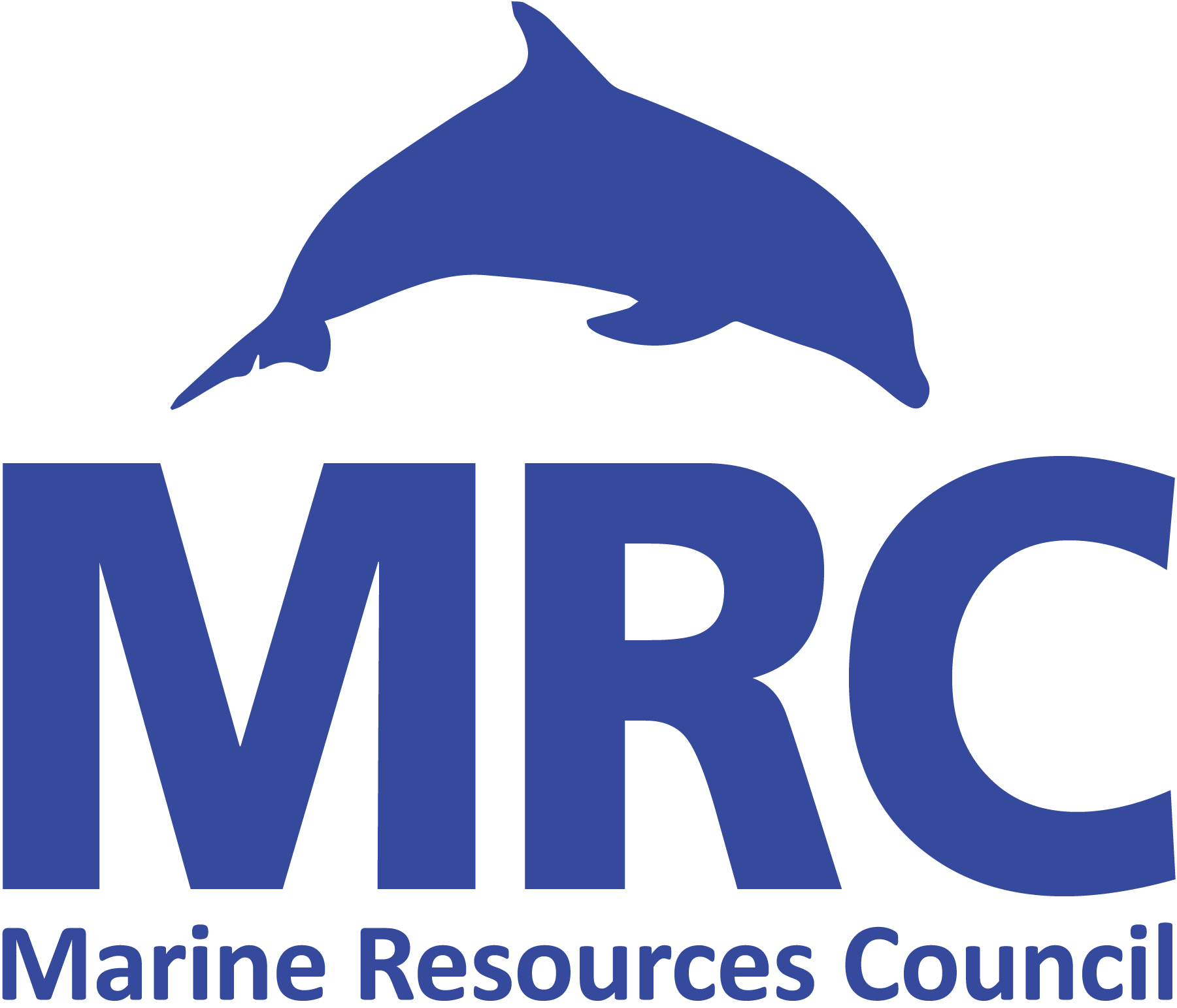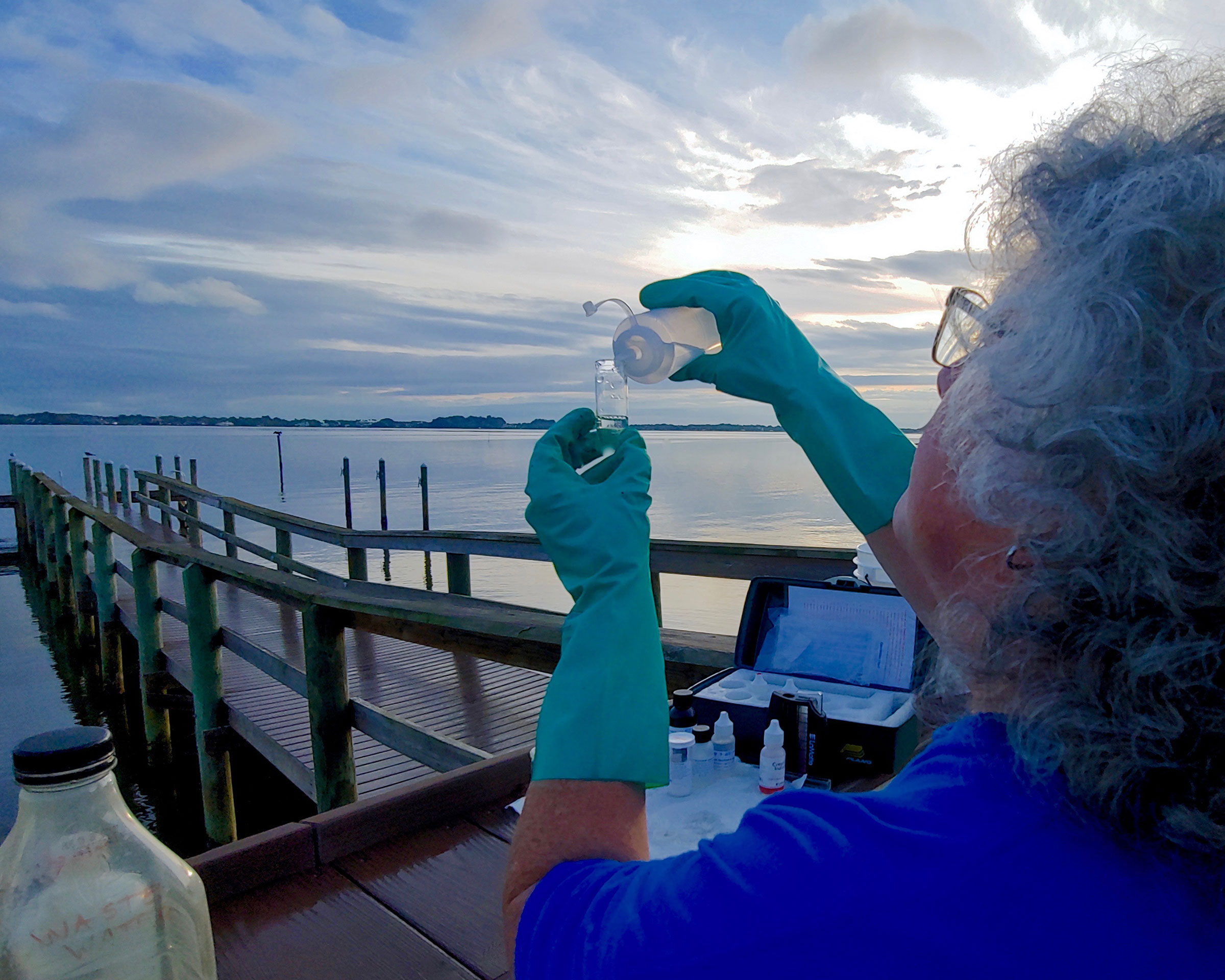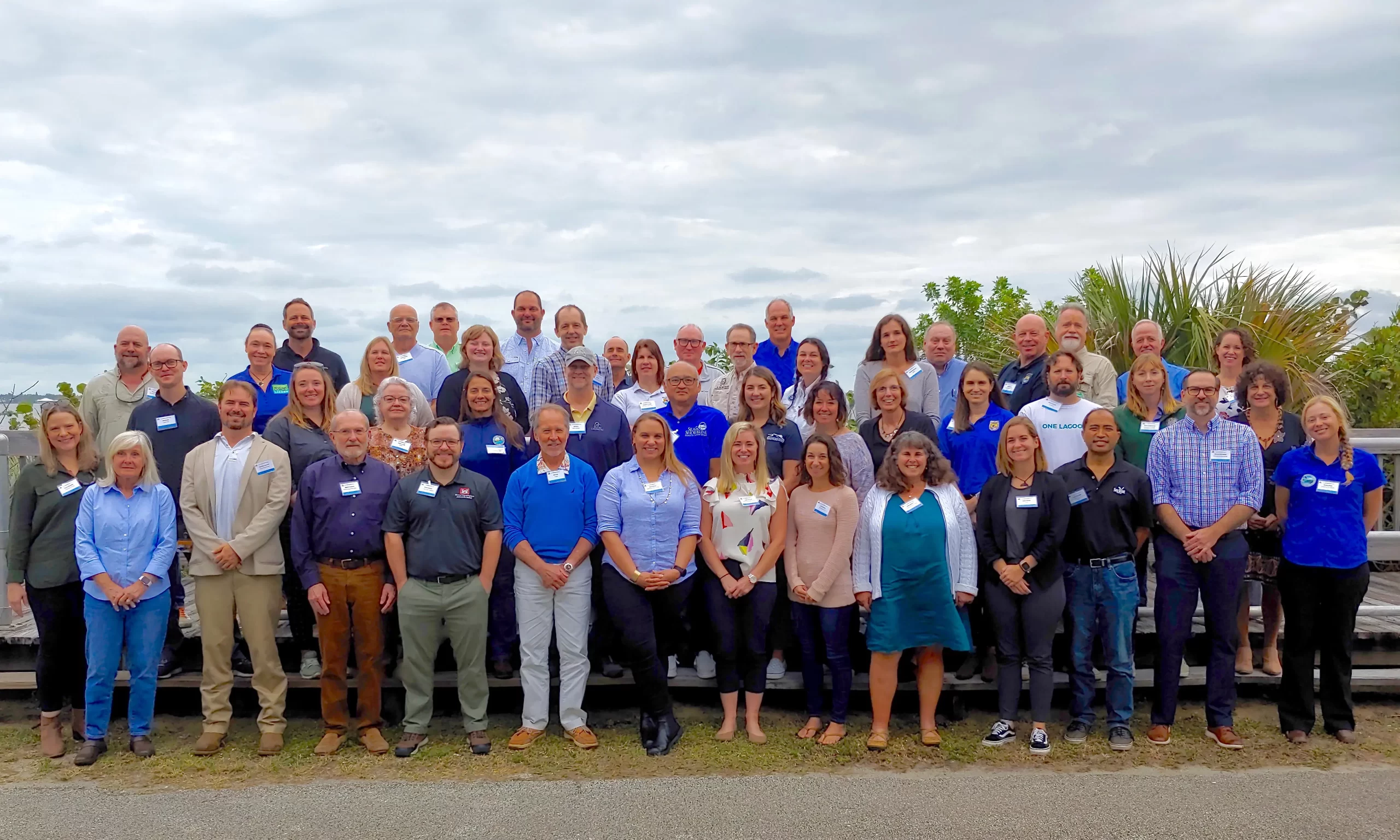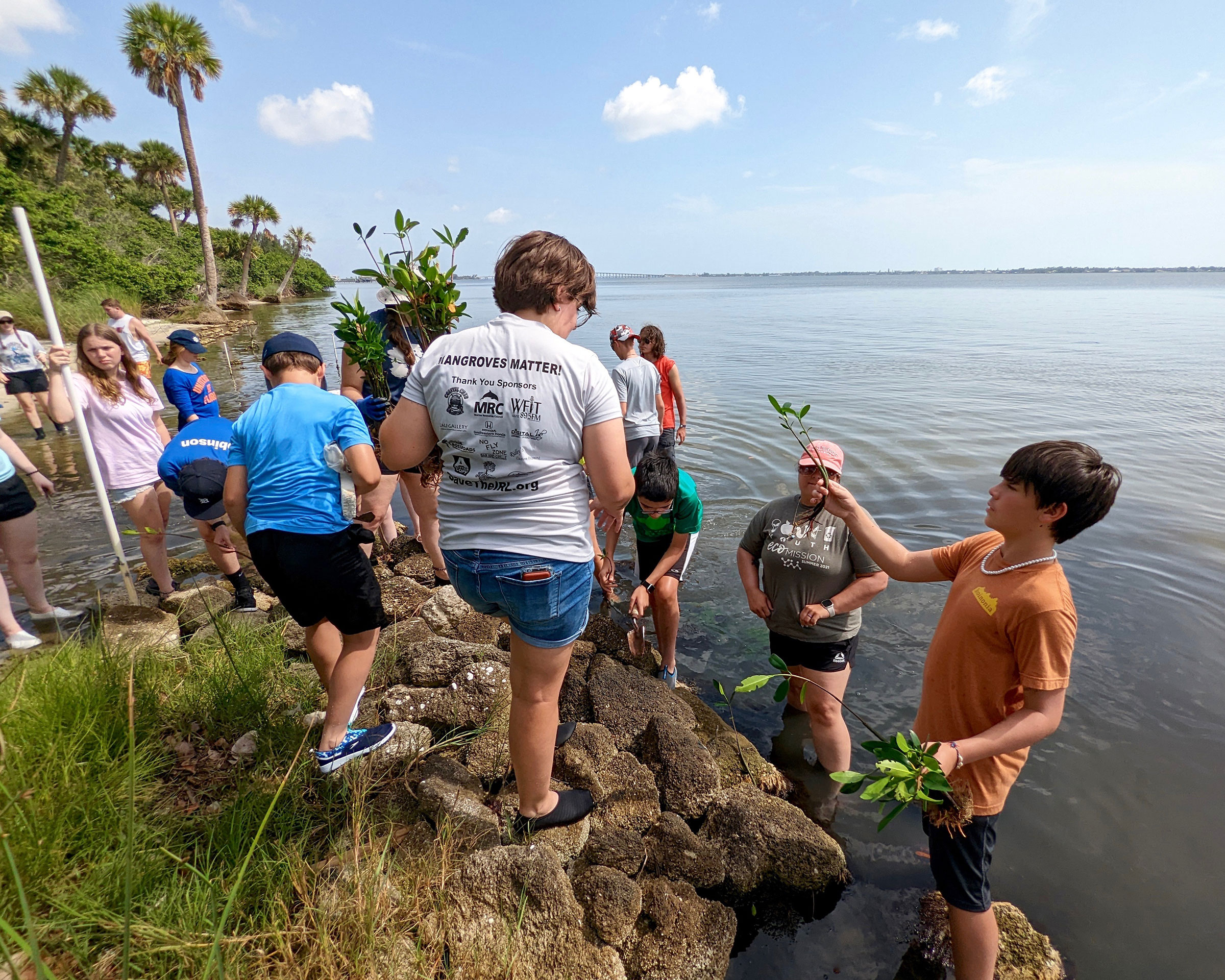Science
Marine Resources Council is people working together.
Science is leading the way.
LagoonWATCH
Citizens + Science
MRC trained citizen science volunteer monitors take weekly water samples across the 150-mile-long Indian River Lagoon, adding to a growing repository of water quality data.
IRL Action Assemblies
Since the mid-1980’s MRC has presented more than 20 IRL Action Assemblies. Citizens representing diverse east central Florida delegates convene to consider science and then reach consensus in prioritizing the steps that will be needed to restore regional balance.
Indian River Lagoon Restoration
MRC works with forward-looking governments, associations and homeowners to marry Mother Nature and human engineering into more resilient solutions.
Donate. Be an Annual Member
Sign Up. Get Lagoon News



